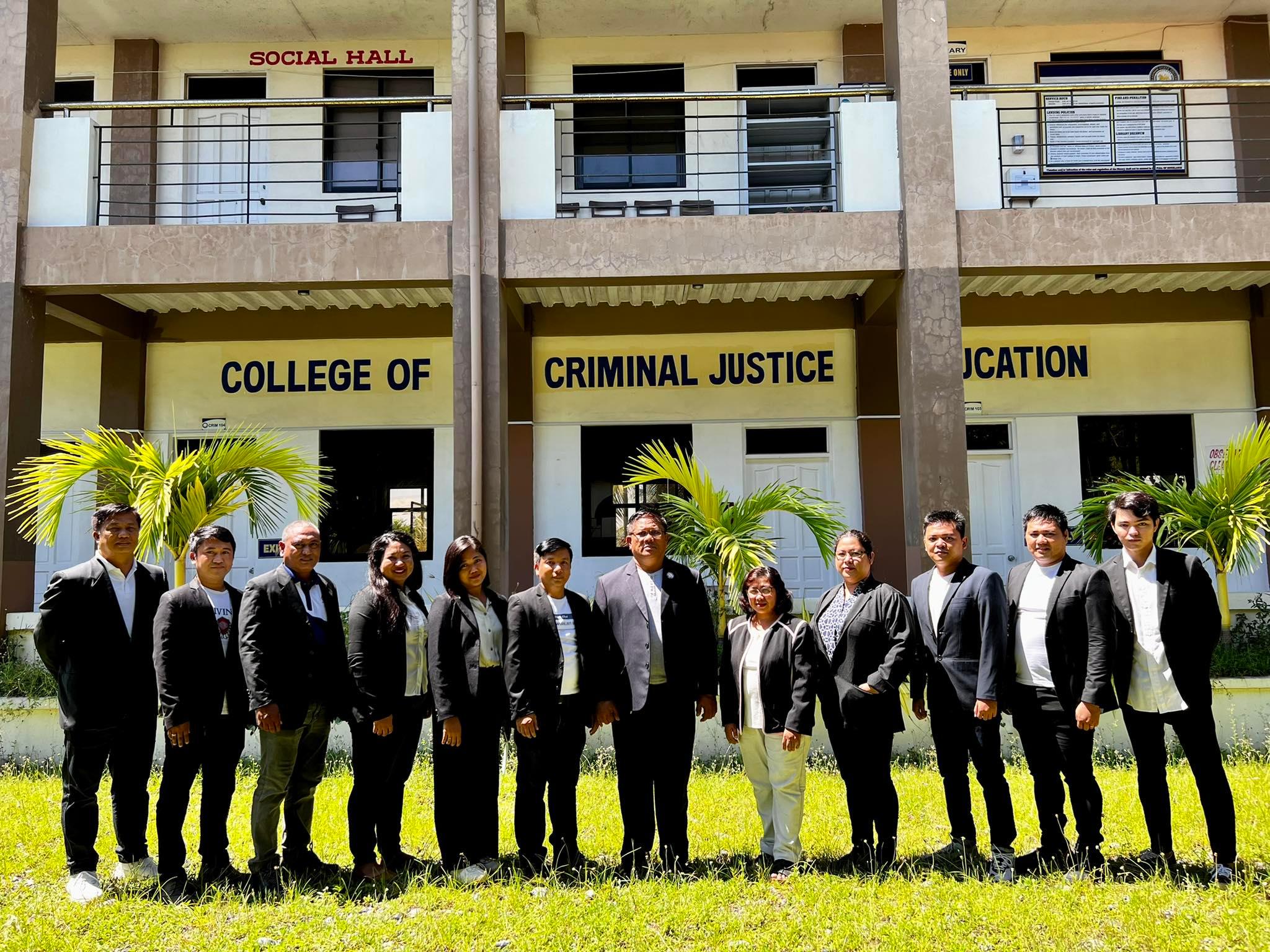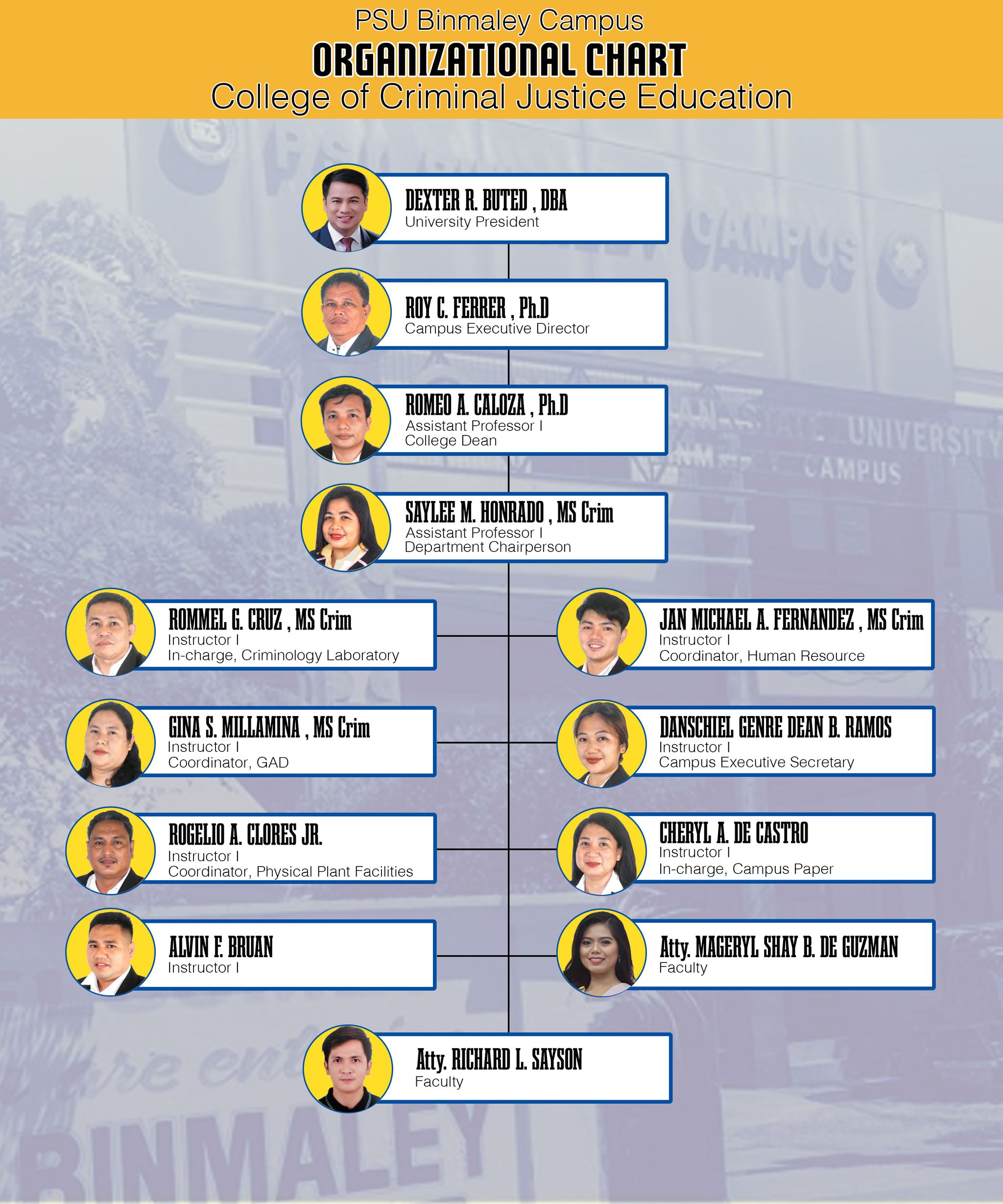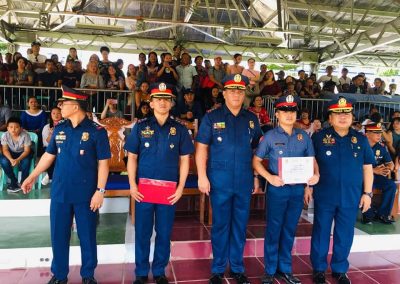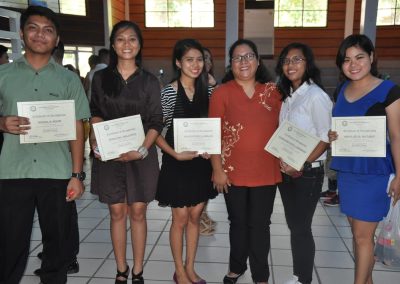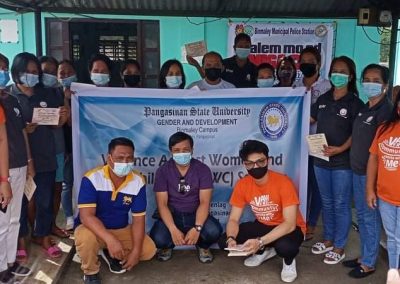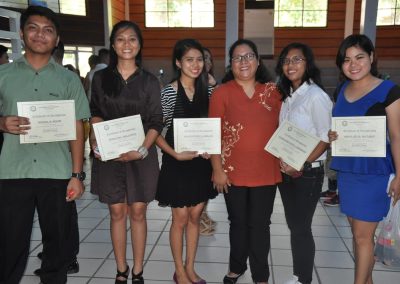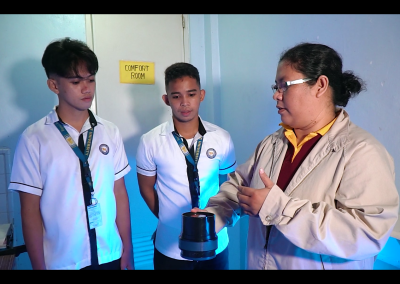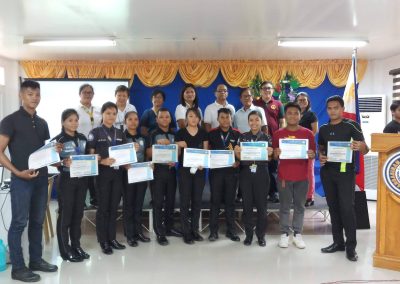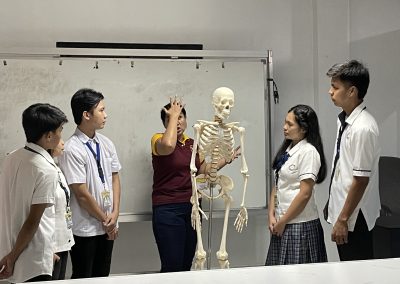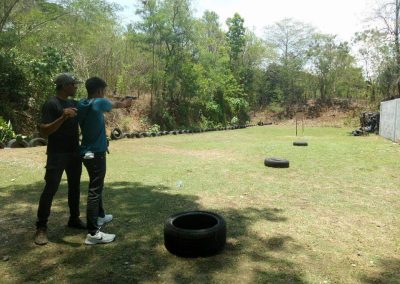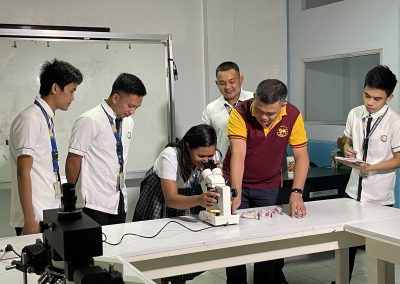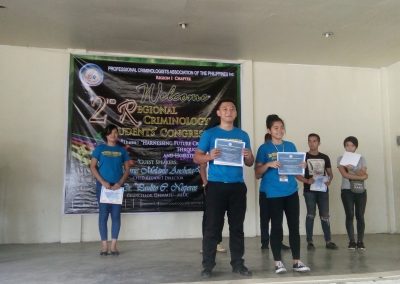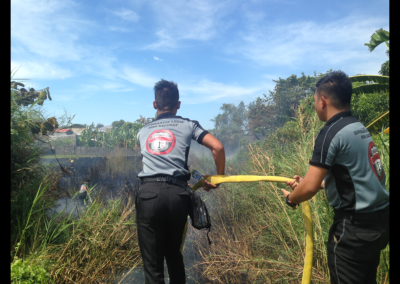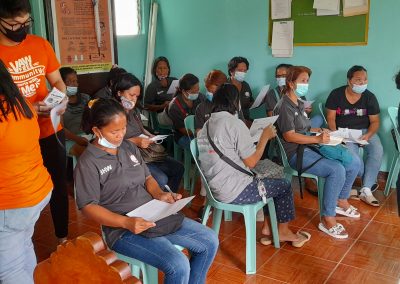
Saylee M. Honrado, MS Crim.
Chair, College of Criminal Justice Education
Greetings from the College of Justice Education!
From its inception to its current status, the College of Criminal Justice Education endeavors in promoting academic excellence and astute studentry. The College strives for excellence in the areas of criminological theory, research and practice. We visualize being a national model in developing inclusive social scientists, practitioners, and policymakers who will apply acquired skills and knowledge in collaboration with the communities with the values being embodied.
For this accreditation, brilliant minds collide to bring forth ideas and essential facts regarding this meaningful process to ensure that the college gives the best educational experience and provides opportunities for experiential learning that continues to improve over time.
Bachelor of Science in Criminology
The field of criminology is the study of crime and the various agencies of justice as they operate and react to crime, criminals, and victims. It is therefore the mission of the Criminology program to provide the community with professionally competent and morally upright graduates who can deliver efficient and effective services in crime prevention, crime detection, and investigation, law enforcement, public safety, custody and rehabilitation of offenders, and criminological research, among others.
Vision
The Department of Criminology strives for excellence in criminological theory, research, and practice. We will be a national model in developing inclusive social scientists, practitioners, and policymakers who will apply acquired skills and knowledge in collaboration with their communities by embodying values.
Mission
The Bachelor of Science in Criminology program’s mission is to help students understand how crime is defined, analyzed, and addressed in policy and practice. Students understand crime as a social phenomenon and convey it through inclusive exchange of perspectives through the multidisciplinary exploration of theory and research. Students are better prepared for professional success when they take an individualized, collaborative approach to learning both inside and outside of the classroom.
Accreditation
| Bachelor of Science in Criminology | Level II Re-accredited |
Employment Opportunities
- Philippine National Police
- Bureau of Fire Protection
- Bureau of Jail Management And Penology
- Bureau of Corrections
- Philippine Drug Enforcement Agency
- National Bureau of Investigation
- Armed Force of the Philippines
- Document Examiner and Verifier in banks
- Coastguard
- Maritime and Airport Police
- Private Detectives
- Police Officers
The program aims to:
1. Encourage research and inquiry on the nature, causes, treatment, or punishment of criminal behavior and how criminal justice agencies function and respond to crime, criminals, and victims;
2. Prepare the students for careers in crime prevention, law enforcement, scientific crime detection, correctional administration, public safety, and allied fields;
3. Foster the values of leadership, integrity, accountability, and responsibility while serving their fellowmen, community, and country.
Specific Professions and Allied Fields/Careers/Occupations for Graduates
A graduate of B.S. Criminology is prepared for careers in the following fields, among others:
- Criminological research
- Scientific crime detection and investigation
- Crime prevention
- Law enforcement
- Correctional administration
- Public safety
- Security management
- Criminalistics
- Academe
Institutional Learning Outcomes (ILO)
- Demonstrate through institutional mechanisms, systems, policies, and processes which are reflective of transparency, equity, participatory decision making, and accountability;
- Engage in relevant, comprehensive and sustainable development initiatives through multiple perspectives in decisions and actions that build personal and professional credibility and integrity;
- Set challenging goals and tasks with determination and sense of urgency which provide continuous improvement and producing quality outputs leading to inclusive growth;
- Exhibit life-long learning and global competency proficiency in communication skills, inter/personal skills, entrepreneurial skills, innovative mindset, research and production initiatives and capability in meeting the industry requirements of local, ASEAN and international human capital market through relevant and comprehensive programs;
- Display socially and environmentally responsive organizational culture, which ensures higher productivity among the university constituents and elevate the welfare of the multi-sectoral communities; and
- Practice spiritual values and morally upright behavior which promote and inspire greater harmony to project a credible public image.
Common to All Programs in All Types of School (CTS)
- Articulate and discuss the latest developments in the specific field of practice (PQF Level 6 Descriptor).
- Effectively communicate orally and in writing using both Mother Tongue, English and Filipino.
- Work effectively and independently in multi-disciplinary and multi-cultural teams (PQF Level 6 Descriptor).
- Act in recognition of professional, social, and ethical responsibility.
- Preserve and promote “Filipino historical and cultural heritage” (based on RA 7722)
Common to the Discipline (CD)
- Conduct criminological research and further studies.
- Ensure public safety and order maintenance.
- Prevent, suppress and control crime.
- Investigate and detect crime.
- Enforce laws, rules and regulations.
- Protect lives and properties.
Specific to a Sub-Discipline and a Major (SM)
- Conduct criminological research on crimes, crime causation, victims, and offenders to include deviant behavior.
- Internalize the concepts of human rights and victim welfare.
- Demonstrate competence and broad understanding in law enforcement administration, public safety and criminal justice.
- Utilize criminalistics or forensic science in the investigation and detection of crime.
- Apply the principles and jurisprudence of criminal law, evidence and criminal procedure.
- Ensure offenders’ welfare and development for their re-integration to the community.

